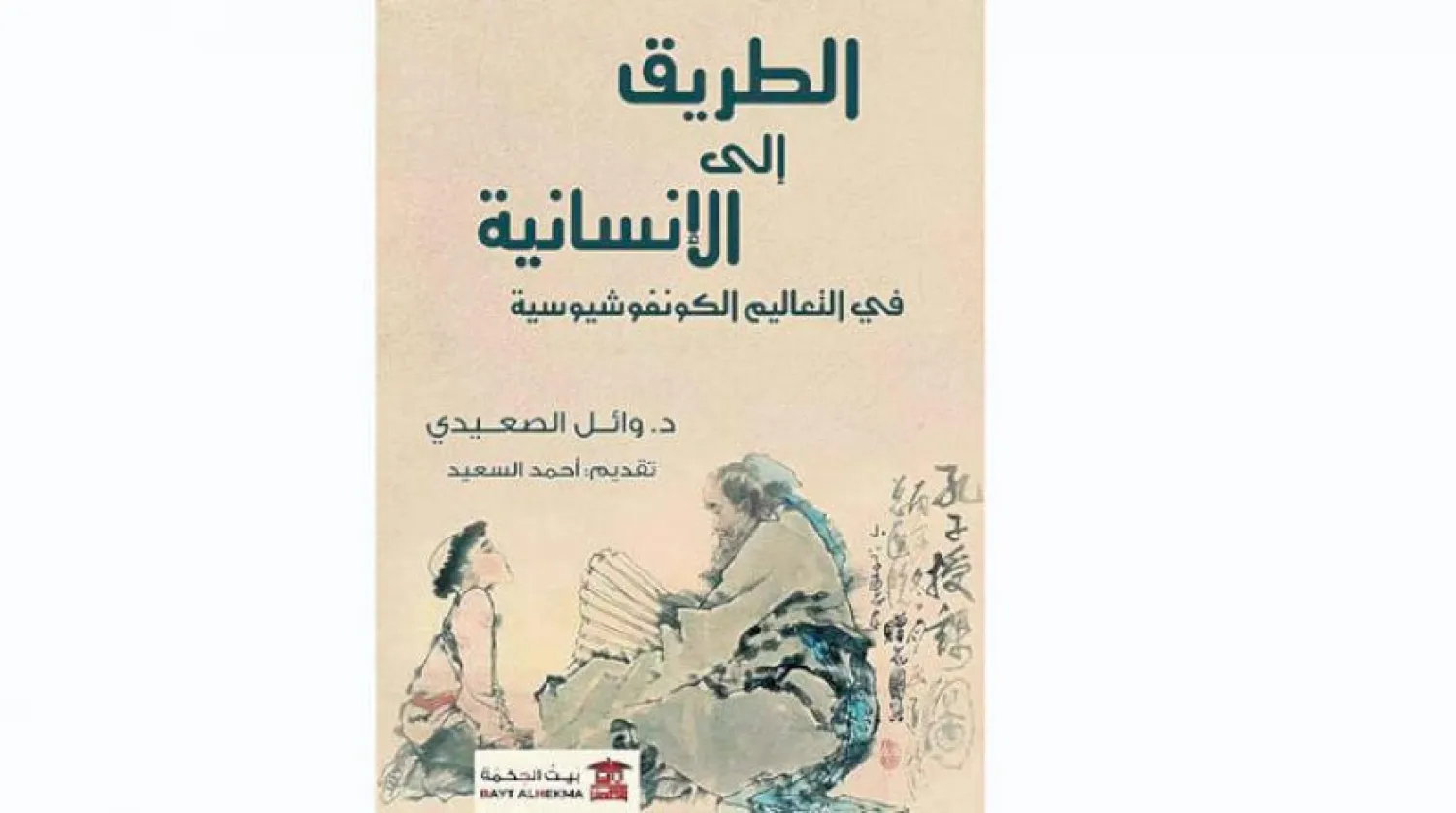The Cairo-based Dar al-Hikma has recently released a new book entitled "Road to Humanity" by writer Wael Al Saidi, in which he explores the ideas and teachings of the Chinese Philosopher Confucius using his expertise and work as an Arabic language expert in Chinese universities.
On Confucius, he says, the Chinese mentor and intellect, is an act that requires an alerted mind and the exploration of successive eras and many readings because he had an attractive, impressive and unique character. He always called people to practice grace, good morals, peace, righteousness, family care, justice, and obedience, in addition to many other virtues, chivalry traits, and call for humanity.
The book is written in the form of a dialogue accompanied by the ideas and teachings of the Chinese mentor. It focuses on questioning the human matters our world suffers from and comparing them with these teachings.
The writer notes that all the challenges facing humanity today like cruelty, wars, domination of powers that we sometimes see in families, inside the same state, or between different states are the result of missing the meaning of duty as a human value.
When Confucius was once asked by one of his students about wisdom, he answered: "Wisdom is the fulfillment of duties to the human community."
Commenting on this, the writer said: "We don't need to sign deals to buy weapons that kill humans, or establish more human rights centers that don't ensure these rights, or fight everything and spend money and even lives to reach power. All we need is to return to our humanity and sane instinct; we need to revive morals, hope and values which were highlighted in Confucius's lessons.
"This would help spread justice, tolerance, mercy, coexistence, equality, and objectivity among humans."









